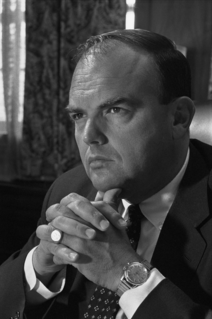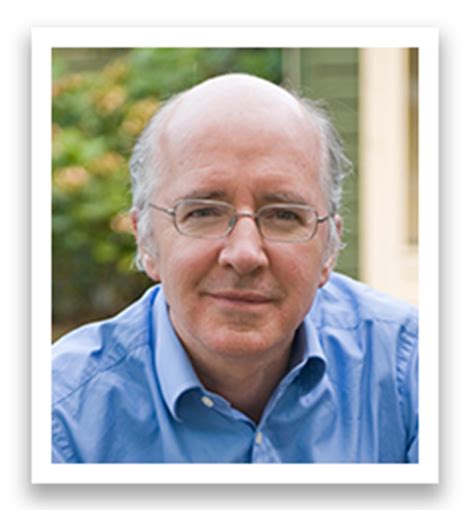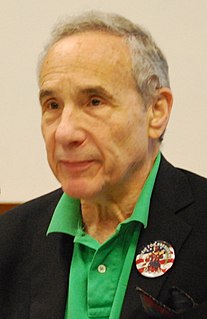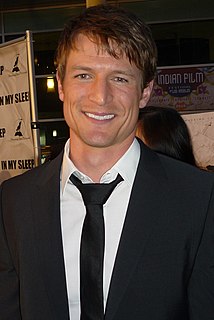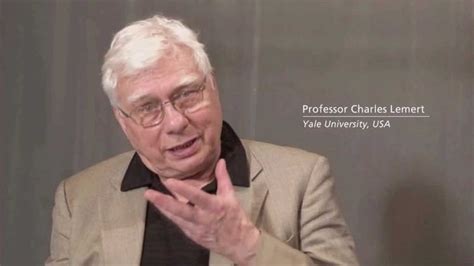A Quote by Claudia Rankine
I was at Yale and I said to the poet Elizabeth Alexander, "I'm interested in the ways in which black health seems precarious in the United States." She introduced me to the term "John Henryism." And then I went back and researched it and understood that, woah, this thing I am thinking about is actually a condition that's named.
Related Quotes
In the Islamic world, the U.S. is seen in two quite different ways. One view recognizes what an extraordinary country the U.S. is.The other view is of the official United States, the United States of armies and interventions. The United States that in 1953 overthrew the nationalist government of Mossadegh in Iran and brought back the shah. The United States that has been involved first in the Gulf War and then in the tremendously damaging sanctions against Iraqi civilians. The United States that is the supporter of Israel against the Palestinians.
Look, we understood we couldn't make it illegal to be young or poor or black in the United States, but we could criminalize their common pleasure. We understood that drugs were not the health problem we were making them out to be, but it was such a perfect issue for the Nixon White House that we couldn't resist it.
I'm interested in getting John Kerry elected President. And then I'm interested in doing whatever I can to see that Democrats retain Democratic values. And the thing I'm most interested in is health insurance for everybody. We're the only country in the industrialized world that doesn't have that, and we need that.
The United Nations was the thing I wanted to work for. Like the United Nations Commission for Refugees is what I was interested in. And then people said if you do that you'll hit glass ceilings all the time, because you are not Ghanian or Nigerian and that's the way to progress though a multinational organization like that. In any event, they said do five years' legal experience and come back. And after five years I decided to stay where I was. So I am really an accidental lawyer.
If a person was accused of being a racist when he was young - he said some racially insensitive thing or someone had him on tape calling someone the n-word or whatever - and then you fast forward and he feels, Oh, back then I didn't say this or that. He's not thinking about the person that he hurt when he said what he said, or however it came out, or the effects that it could have had. He's not thinking about it. He's thinking about his own self and how he feels.
One of my great memories of John is from when we were having some argument. I was disagreeing and we were calling each other names. We let it settle for a second and then he lowered his glasses and he said: "It's only me." And then he put his glasses back on again. To me, that was John. Those were the moments when I actually saw him without the facade, the armor, which I loved as well, like anyone else. It was a beautiful suit of armor. But it was wonderful when he let the visor down and you'd just see the John Lennon that he was frightened to reveal to the world.
Succinct, thorough, and masterfully researched-Thomas Medvetz has written a subtle and timely history of these fixtures of public debate in the United States. In the realms of culture studies, policy, and policy formation, there is no book quite like Think Tanks in America. Plus which, no one has understood, interpreted, then used Pierre Bourdieu's ideas better-so well that Bourdieu himself would have been pleased.
Hillary Clinton is as qualified or more qualified than I am to be Vice President of the United States of America. Let's get that straight. She's a truly close personal friend. She is qualified to be President of the United States of America. She's easily qualified to be Vice President of the United States of America. Quite frankly, it might have been a better pick than me. But she's first rate.
This is a tradition of resistance to the term that's as old as the term itself, especially because that term has been used to commodify and reduce black creativity, and also to appropriate and sell it. That's what John Coltrane said in an interview with a Japanese journalist: "Jazz is a word they use to sell our music, but to me that word does not exist." And he's treated as one of the central figures in the history of jazz. So if he rejected it, then why is it weird when I do it? I'm in the tradition!



